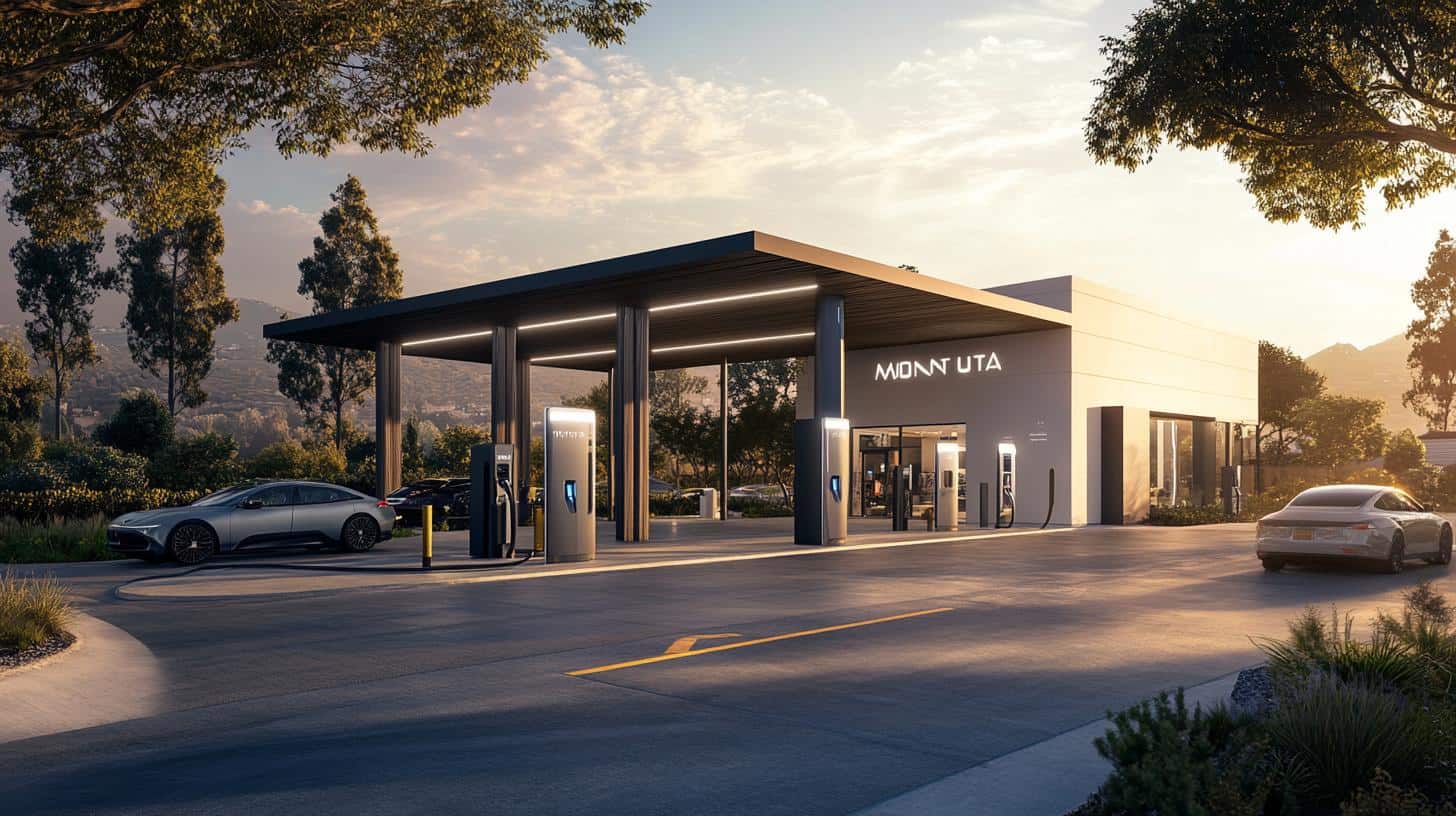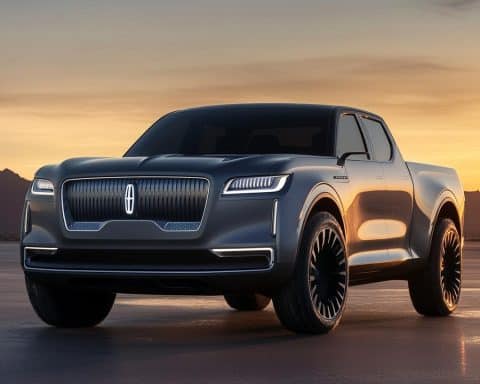Miami, Florida — October 29, 2024 — Monta, the pioneering Danish company behind the sophisticated operating platform for electric vehicle (EV) charging, is setting its sights on the U.S. market with the inauguration of its new headquarters in Miami. This marks Monta’s strategic expansion beyond European borders, as the company aims to integrate 25,000 commercial charge points into its platform by 2025 and 1 million charge points by 2030.
In conjunction with this major move, Monta has announced a partnership with Emobi, a key player in North America’s EV charging network. This collaboration is expected to enhance the availability and efficiency of charging solutions for EV drivers across the United States.
Significant Growth in U.S. EV Market
Despite facing economic challenges, the U.S. EV market is experiencing substantial growth. According to recent studies, almost 50% of new car sales in the U.S. might feature electric vehicles by the end of the decade. The increase in EV popularity is driving keen investment in charging infrastructure, aiming to meet ambitious targets for public chargers.
Addressing EV Charging Challenges
However, the charging experience in the U.S. has its hurdles, with a significant percentage of charging attempts failing or suffering from reduced power. These issues often stem from software and interface glitches, emphasizing the need for reliable solutions.
By expanding to the U.S., Monta seeks to offer its robust platform, ensuring seamless EV charging experiences. With a proven track record in Europe, Monta aims to support the scaling of charging infrastructures and enhance user experiences nationwide, underpinned by its recent significant funding round.
The Power Struggle: New Tech Revolutionizes U.S. Electric Vehicle Charging
The Unseen Dynamics of Monta’s U.S. Expansion: Far-Reaching Effects on Communities and Innovation
As Monta ventures into the U.S. electric vehicle (EV) market, this expansion goes beyond the mere provision of EV charge points—it heralds a significant shift in lifestyle, technology, and the national economy. The Danish company’s strategic plans, alongside its partnership with Emobi, promise to reshape how Americans perceive and utilize EVs. But what does this change signify for ordinary people, local communities, and the country as a whole?
Community Impact: Changing Habits and Infrastructure
Monta’s expansion brings up a critical opportunity for communities: the democratization of electric vehicle technology. In urban and rural areas alike, improved charging infrastructure will make EVs a viable option for more Americans. As reliability increases, the anxiety previously associated with running out of power mid-journey will diminish. This accessibility could lead to a reduction in urban pollution and an overall improvement in public health, while also driving economic growth through job creation in the green tech sector.
Interesting Facts: The Hidden Complexities of EV Charging
While the growth of EVs is often celebrated, the intricacies of charging infrastructure are less visible to the average user. For instance, the current EV charging landscape is fragmented, akin to the early days of mobile phone chargers before standardized ports were introduced. Monta and Emobi’s collaboration aims to address this by offering a unified platform, which could eventually lead to standardized, user-friendly charging experiences.
Technological Advantages and Disadvantages
The latest advancements promised by Monta’s platform, equipped with top-tier features such as predictive maintenance and real-time power management, lead to several advantages. For example:
– Efficiency: Enhanced software can optimize the energy use during peak hours, reducing strain on power grids.
– User Experience: With smoother interfaces, users can find and access charge points easily through intuitive apps.
However, the rapid expansion of infrastructure raises concerns:
– Cost: Initially, higher costs might be passed onto consumers, potentially hindering adoption rates.
– Cybersecurity: As charging stations become increasingly networked, they may become targets for cyberattacks, necessitating robust security measures.
Questioning the Future of EVs in America
Will the transition to EVs significantly reduce America’s carbon footprint? While more electric cars promise reduced emissions, the environmental impact depends on how the electricity powering these vehicles is generated. Renewables hold the key to a truly green EV future.
Answering Controversies: Are EVs Truly Better?
Some skeptics argue that the production processes for EV batteries are environmentally taxing. However, compared to the lifetime emissions of fossil fuel vehicles, EVs present a net benefit. Continuous advances in battery recycling and development of eco-friendly materials are expected to mitigate initial production impacts.
For more information on electric vehicle innovations, you might explore the resources offered by Alternative Fuels Data Center and check out EV standardization advancements at World Economic Forum.

















